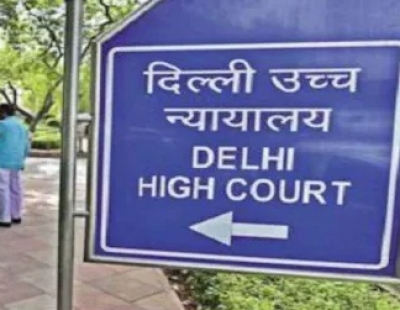New Delhi, Sep 22 (IANS) The Delhi High Court has said that Look Out Circulars (LOCs) cannot be issued on the mere request of banks and must be based on careful consideration of circumstances.
Justice Subramonium Prasad was dealing with petitions challenging LOCs issued against former directors of AAA Paper Ltd, at the request of the Bank of Baroda.
The bank had declared the company’s loan account as a non-performing asset (NPA) in 2019 and initiated proceedings under the Securitisation and Reconstruction of Financial Assets and Enforcement of Security Interest Act (SARFAESI Act).
The judge noted a growing number of cases where banks were seeking LOCs as a means of recovering money without initiating criminal proceedings.
Referring to guidelines from the Union Finance Ministry regarding LOCs by public sector banks, the court clarified that while banks can request the issuance of LOCs, this should only occur in exceptional cases involving questions affecting the country’s economy.
Justice Prasad said that LOCs should not be issued solely at the request of banks, as they significantly restrict an individual’s right to travel abroad. The authority responsible for issuing an LOC must be satisfied that the departure of the individual in question would be detrimental to India’s sovereignty, security, integrity, bilateral relationships, or economic interests or that it should not be allowed in the broader public interest.
The court also noted that issuing an LOC not only hinders the right to travel but also casts doubt on the individual against whom it is issued.
The petitioners were prevented from boarding their flight at the IGI Airport in New Delhi due to the LOC issued against them, as they had stood as guarantors for the company’s credit facilities. Justice Prasad found that no criminal case was pending against the petitioners, and at the time the LOCs were issued, there were no suspicions or allegations of fund misappropriation.
The court observed that they were merely guarantors and had not been involved in the company’s day-to-day operations for several years. In light of these findings, the court said that the LOCs issued against the petitioners were unjustified and ordered their quashing.

